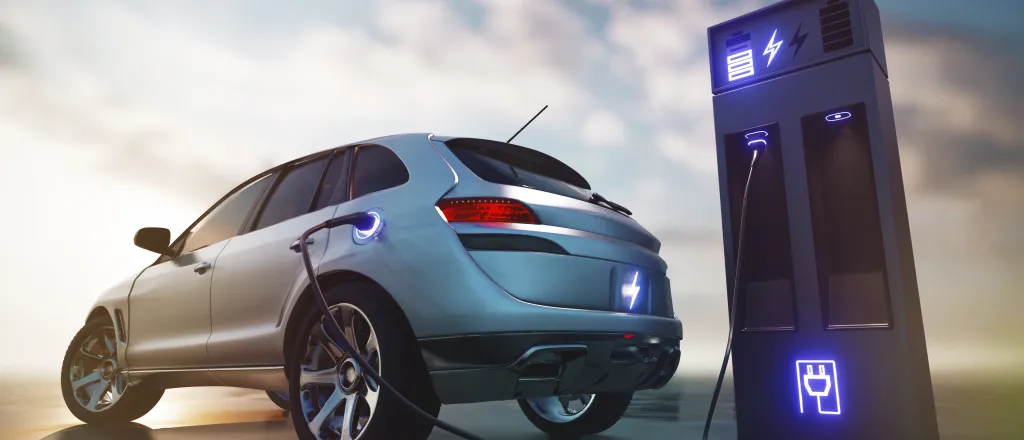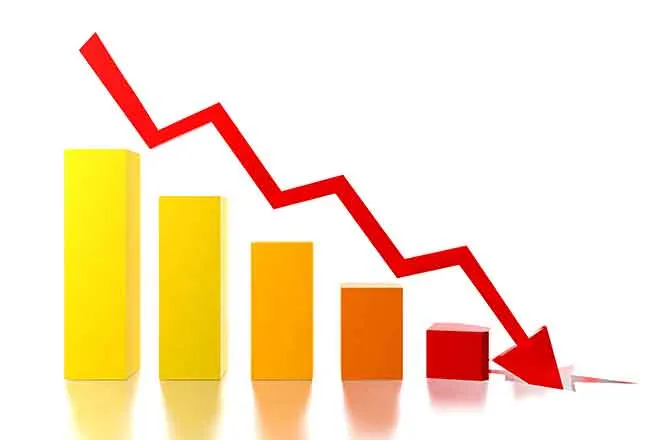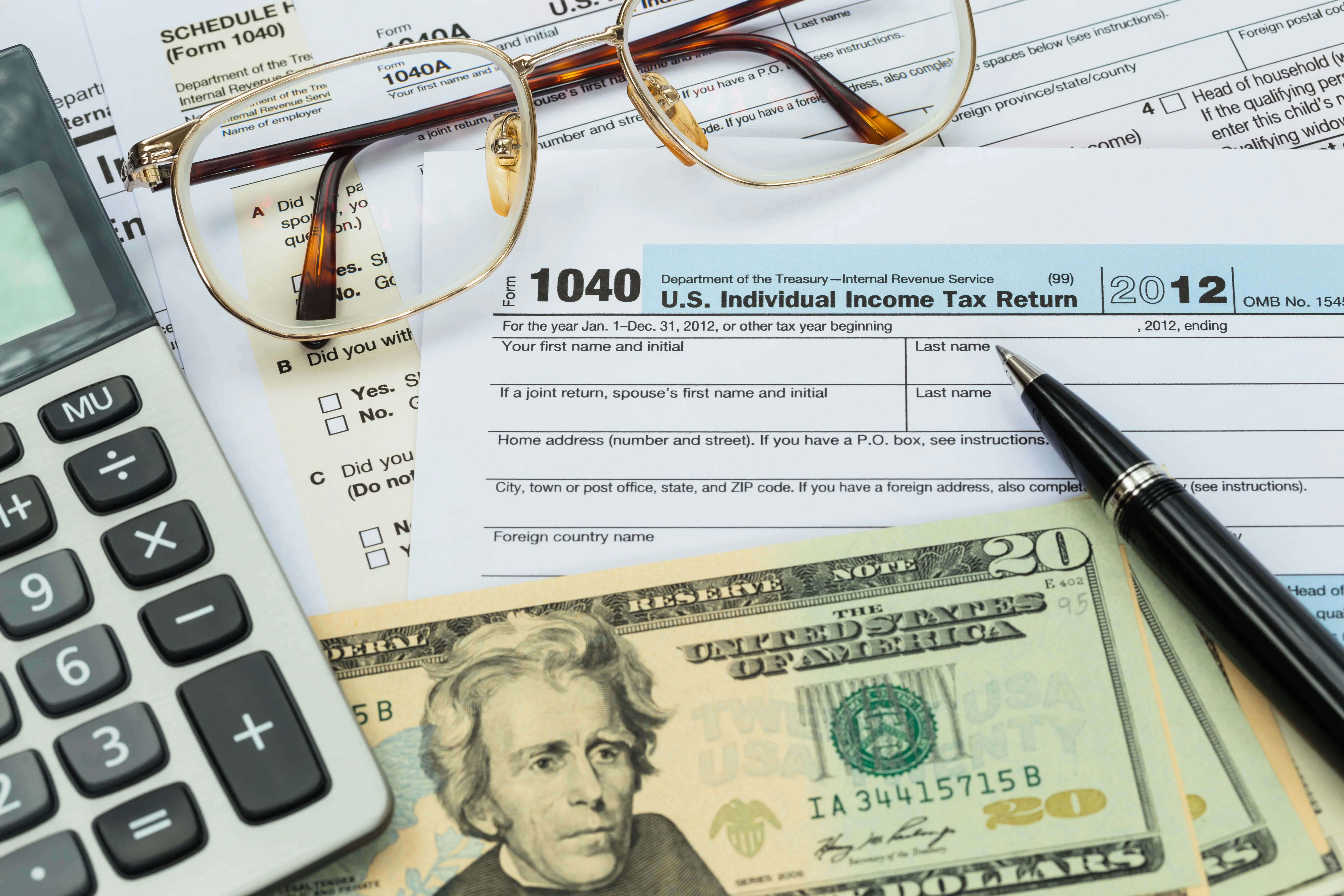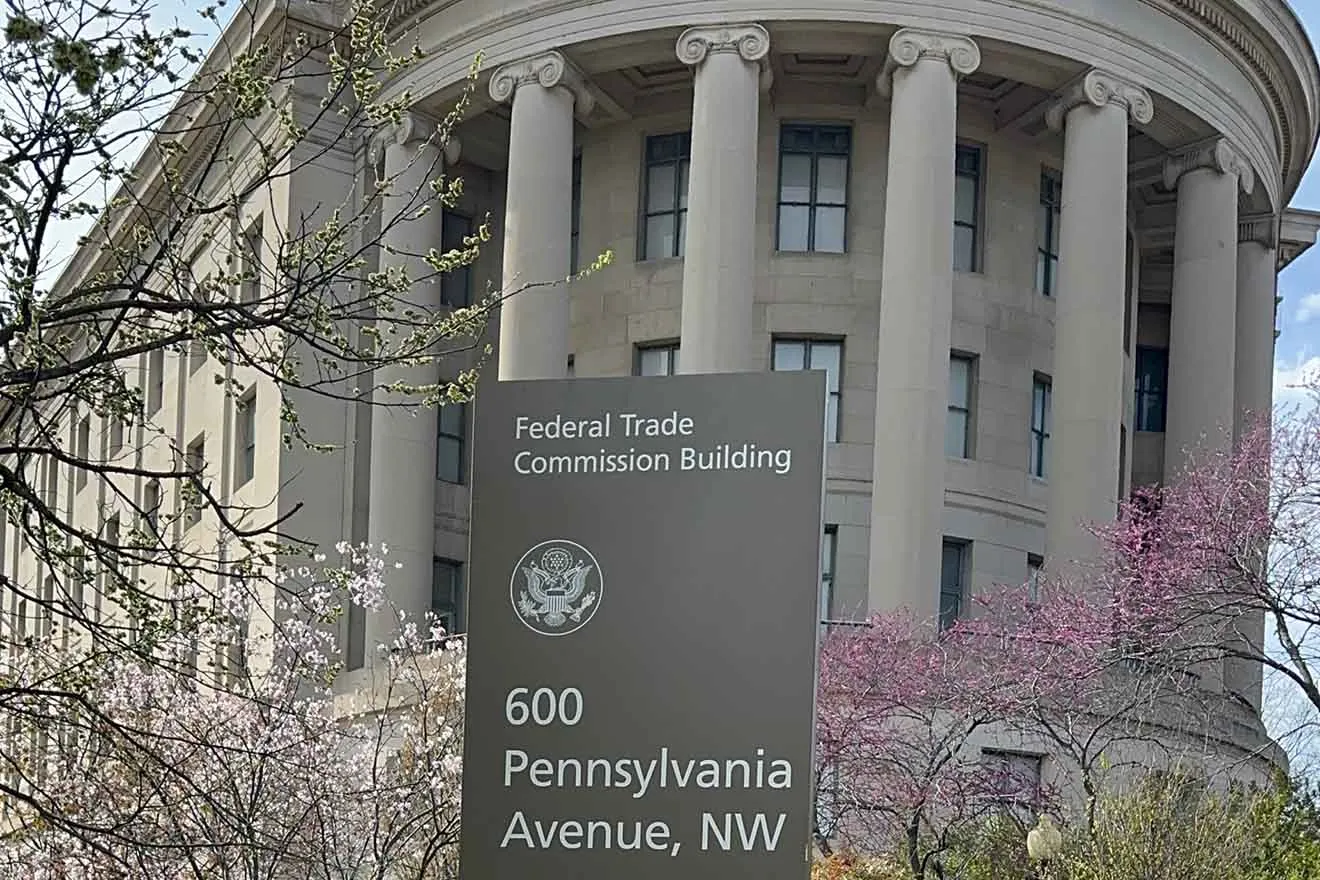
Colorado funds EV charger program, despite federal funding cuts
Colorado plans to invest $5 million into its EV charging network, despite federal funding cuts.
The grants are exclusively funded by the state and will fund 56 new fast charger ports at nine different sites across the state.
Will Toor, Colorado Energy Office executive director, said Colorado plans to continue on in its clean energy goals.
“More than ever, we are facing daunting federal hurdles in our efforts to make electric vehicles and EV charging infrastructure accessible for every Coloradan,” Toor said. “Addressing these challenges is so important because the transition to electric vehicles lowers costs, improves air quality, and helps us meet our greenhouse gas pollution reduction goals.”

While the Direct Current Fast-Charging Plazas grant awards were previously funded by both federal and state funding, this round of grants will be entirely funded by the state.
This comes after the Trump administration put the federal funding on hold, which was challenged by a coalition of 17 states.
In June, a judge ruled that the funds must be unfrozen, granting the states’ request for a preliminary injunction. D.C., Minnesota, and Vermont did not receive the injunction, with the judge ruling they did not prove “irreparable harm” if they lost the funding.
Still, Colorado continued to move forward with the EV charger program’s funding, despite the pauses in federal funding.
The $5 million is the seventh round of grants for the DCFC program.
Colorado was set to receive $57 million in federal monies as a part of the National Electric Vehicle Infrastructure Grant program through 2026, all meant to fund the installation of public electric vehicle charging stations across the state.
The NEVI program was a national initiative funded by the federal 2021 Bipartisan Infrastructure Law and dedicated $5 billion to building a nationwide network of public electric vehicle charging stations along highways. The DCFC received its federal funding through that program, which was expected to fund 172 new fast charging ports at 29 locations across Colorado in multiple rounds.
Polis has long “led the charge” for the NEVI program, with the state also investing $48 million through the first three rounds.

The status of that funding is unclear moving forward in light of past pauses, but Colorado is committed to continuing state funding.
“Colorado is proud of our work to increase the availability and affordability of electric vehicles in our state, and supporting infrastructure is an important part of that work,” said Colorado Governor Jared Polis. “These grants will help expand charging stations for Coloradans and visitors who travel throughout our state. Despite the Trump administration continuing to increase costs and go against the market-driven transition that many Coloradans are making to electric vehicles, Colorado continues doing our part to lead the way and save people money.”
Longterm, the state hopes that light-duty electric vehicles will make up “nearly 100 percent” of the market share by 2050.
Toor said the $5 million shows the state’s commitment to its larger clean energy goals.
“This grant program is a valuable reminder that, despite the headwinds, we are undaunted and remain clear-eyed and focused on continuing to build enough public electric vehicle charging infrastructure to meet Colorado’s goal of supporting 940,000 light-duty EVs on Colorado roads by 2030,” Toor said.
While the state says the ability to meet that goal has “never been better,” in 2023 it had just around 90,000 electric vehicles registered in the state.
That means electric vehicle sales would need to be increasing exponentially to meet the 2030 goal. Yet, while electric vehicle sales are up in 2025 year-over-year, experts predict a “sharp downturn” in sales following the end of many of the EV credits.

















